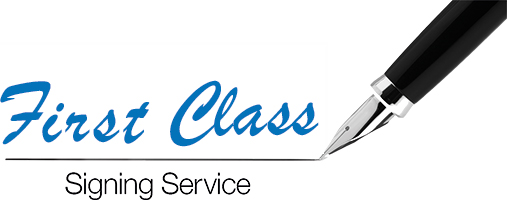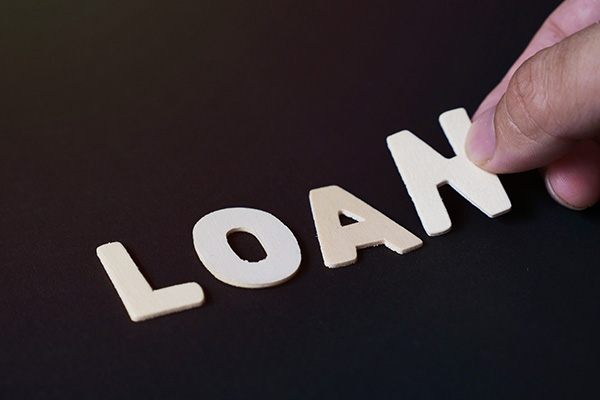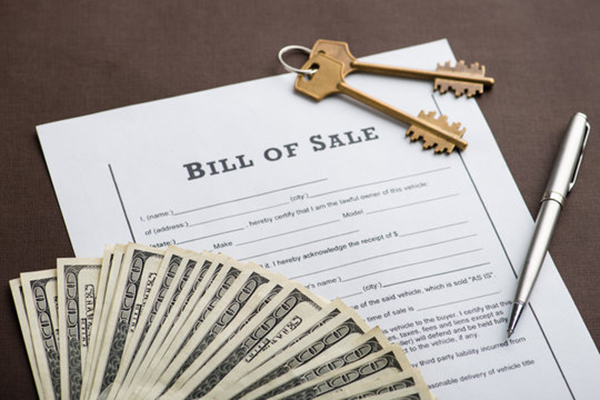In many cases, loan agreements are only as good as the notarial certificates that they include. Without the right notarial certificate, your loan document may be meaningless in the eyes of the law. It is important to note that it requires the physical presence of the borrower to ensure the authenticity of their signature and consent.
What Is a Notarial Certificate?
Notarial certificates are written statements that a notary public signs and seals to certify one or more specified facts of a notarial act. Notarial certificates are most commonly used when administering oaths, taking acknowledgments, and establishing affirmations. They can be divided into jurat (aka affirmation) certificates and acknowledgment certificates. Each of these certificates serves different purposes, provides different coverage, and requires different wording.
Jurat Certificate
Administered by a licensed notary public, a jurat (affirmation certificate) requires the signer of a document to affirm the truthfulness and validity of its content. To accomplish this, the notary must verify the identity of the signer, administer an oath or affirmation to that signer, and act as a signature witness. The oath/affirmation will swear to the accuracy of the document, and the notary can verify the authenticity of this oath/affirmation by watching the signer place their signature on the document.
In California for example, when a notary is doing a jurat, they now have to add a clear disclaimer right at the top of the certificate. It should be in a box and easy to read. It tells everyone that the notary is only confirming the identity of the signer, not whether the content of the document itself is true, accurate or legally valid.
In Florida, the jurat should look very similar to the official examples set by the State. This must include the state and county where the notarization happened, whether it was an oath (“sworn”) or acknowledgment (“acknowledged”), if the signer was physically present or appeared via video call, the exact date, the signer’s name (it’s assumed all signatures are notarized unless noted otherwise), the type of ID used, the notary’s signature, their typed/printed/stamped name, and their official seal.
In Texas, it also means swearing or affirming to a notary that the document is truthful. Essentially, the main reason is the same – to have you formally tell the notary that what’s in the document is the truth.
Essentially, regardless of the specific state requirements, the core function of a jurat is to provide a formal declaration by the signer, witnessed by a notary public, attesting to the truthfulness of the document’s content. The state-specific regulations often focus on the precise language and information that must be included in the jurat certificate to ensure clarity and legal compliance.
Acknowledgment Certificate
Also administered by a licensed notary, an acknowledgment certificate confirms that the signer signed a specific document voluntarily and with a firm understanding of their actions. Like a jurat certificate, an acknowledgment certificate begins with a notary verifying a signer’s identity. By administering an acknowledgment certificate, the notary declares that the signer is who they say they are, understands the document, and signed it of their own free will and for its intended purpose.
Why Are My Loan Documents Getting Notarized?
Notarization is essential if you want to ensure that all the terms and conditions of your loan agreement are legally binding. This protects the mutual and individual best interests of both the borrower and the lender.
When either the borrower or the lender fails to meet the stipulated requirements of a loan agreement, official notarization can solidify cases for the enforcement of those requirements in a court of law. Notarization also protects signers against attempted fraud by ensuring that all parties involved in a loan agreement are exactly who they claim to be.
What Happens During Loan Document Notarization?
It is quite easy to notarize a loan document. First, schedule a meeting with a notary, either in person or online. Second, meet with that notary and all other signers. Take care to bring the loan agreement and a proper form of personal identification (like a driver’s license or a passport) to this meeting. Third, prove your identity, take the necessary oaths/affirmations, and sign the document in the presence of the notary. Finally, pay the stipulated fee for the notary to stamp your document.
Finding a Notary Public and Managing Costs
It is relatively easy to find a notary today. In fact, you can even get a mobile notary or a traveling notary to come to your home or place of business. And in most states, you can meet with a notary and other signing parties in the virtual space thanks to remote online notarization (RON).
While notary organizations and individual notaries can charge extra for on-site or RON notarization, standard notary fees are both set and enforced at the state level. Notaries can typically charge less than these standard state fees, but they are legally prohibited from charging more.
Typical Loan Documents That Need Notarization
Here are just 15 of the most common documents that generally require notarization. If not legally required, notarization tends to significantly enhance the validity and enforceability of these documents:
- Mortgage
- Deed of Trust
- Deed of Reconveyance
- Affidavit of Occupancy
- Truth in Lending Act (TILA) Disclosure
- Loan Estimates
- Closing Disclosures
- HUD-1 Settlement Statement
- Compliance Agreement
- Subordination Agreement
- AKA/Signature Affidavit
- Power of Attorney
- Certificate of Satisfaction
- Transfer of Ownership Documents
- Promissory Note
What Loan Documents DO NOT Typically Require Notarization?
While promissory notes and other forms of personal loan agreements are not typically required to be notarized, they can benefit from the legal security of notarization. In fact, privately held promissory notes with authenticated signatures will often prove binding in a court of law.
The Safeguards of Notarization
From protecting against fraud by confirming the identity of signers to ensuring that all terms and conditions of your loan agreement are met, notarization safeguards borrowers and lenders in a variety of ways. In short, notarization fosters universal trust and transparency, defending the legitimacy of the loan process as a whole.
Need a Signing Today?
First Class Signing Service’s home office is in Livermore, California, but we pride ourselves on delivering all-in signing solutions to clients nationwide, covering all 50 states and four U.S. territories.
What sets us apart is our exceptional team of 50,000-plus highly qualified signing agents who are dedicated to providing reliable and efficient signing services with utmost care and professionalism.





